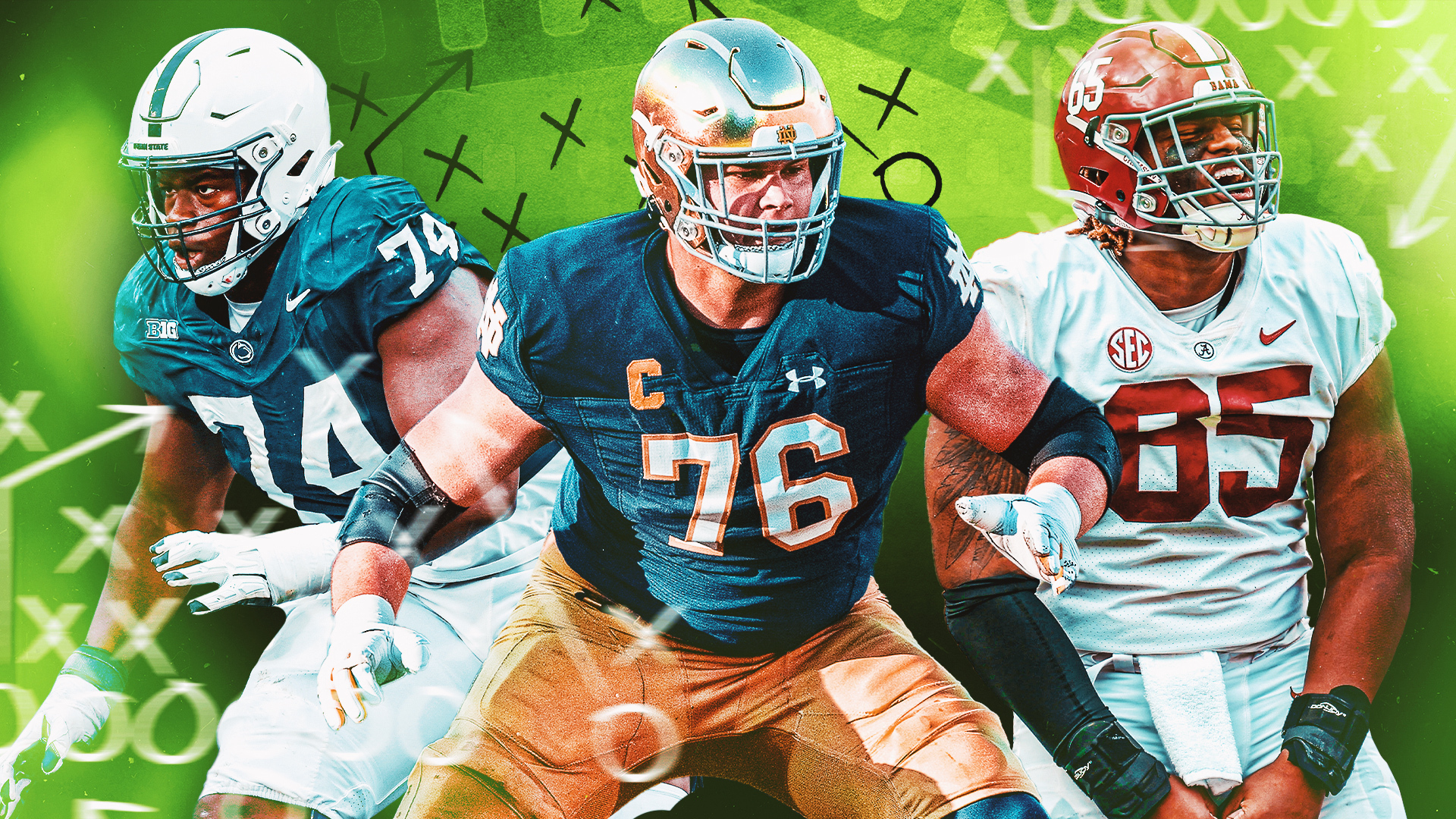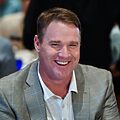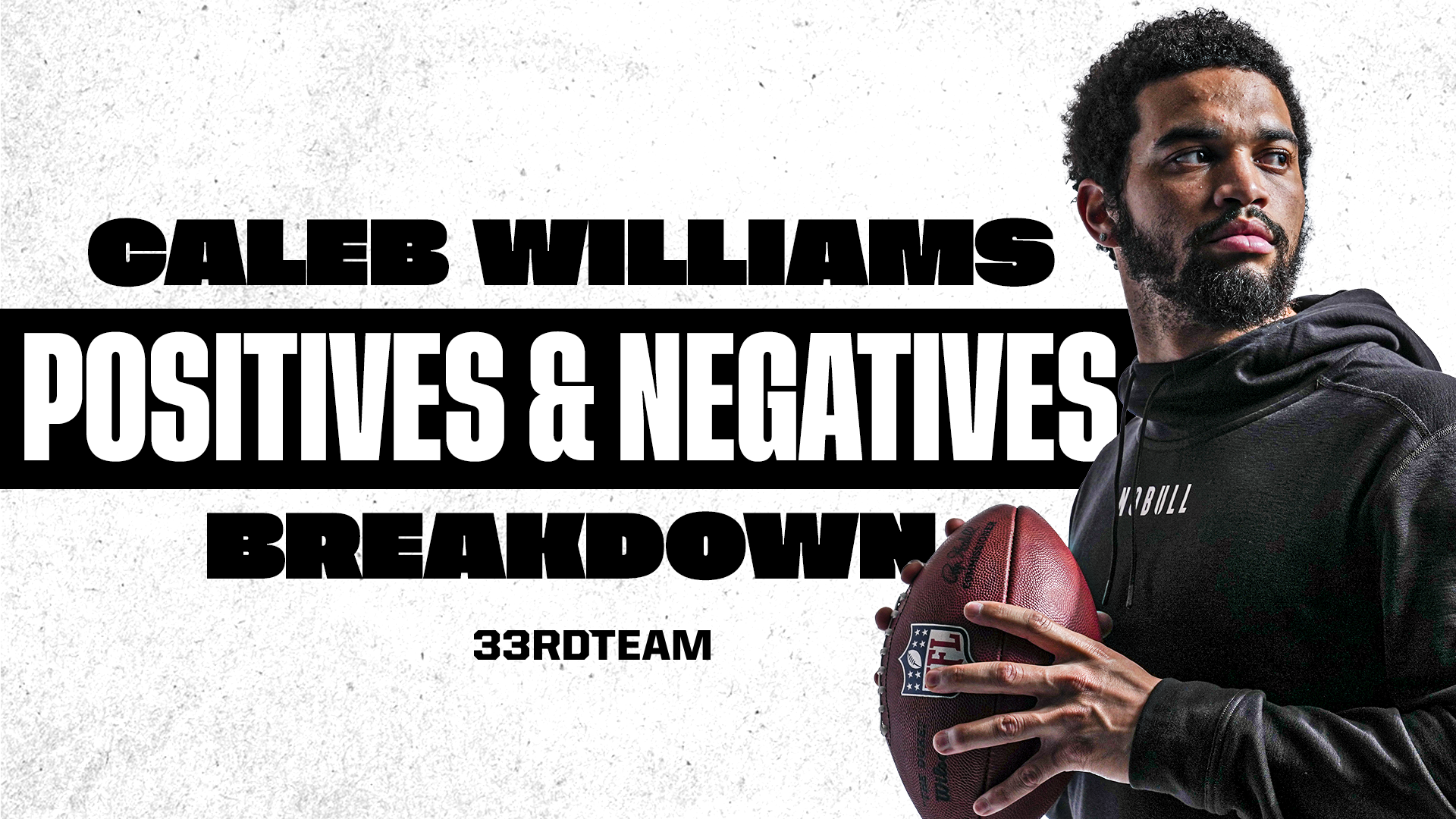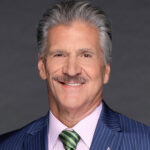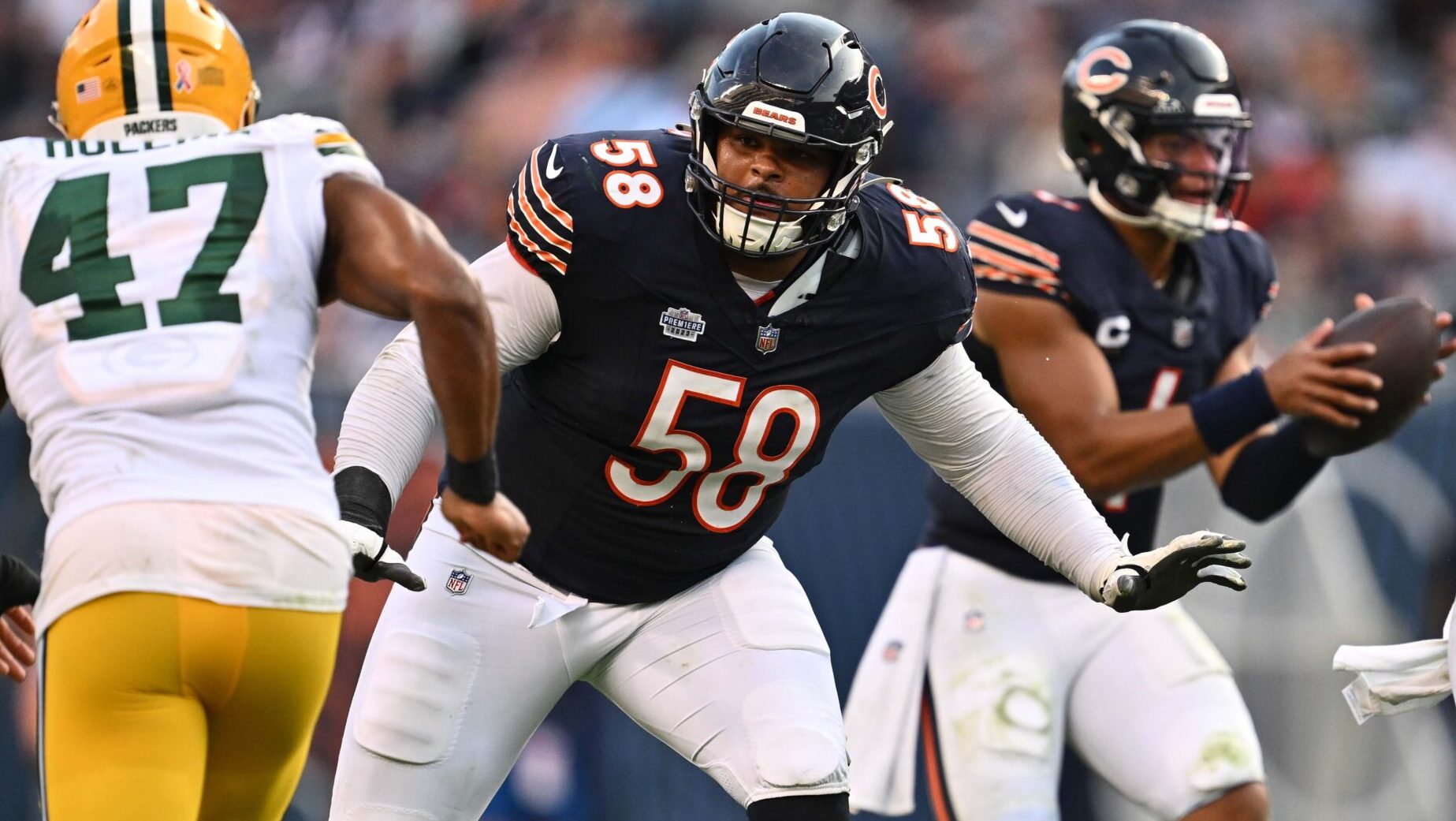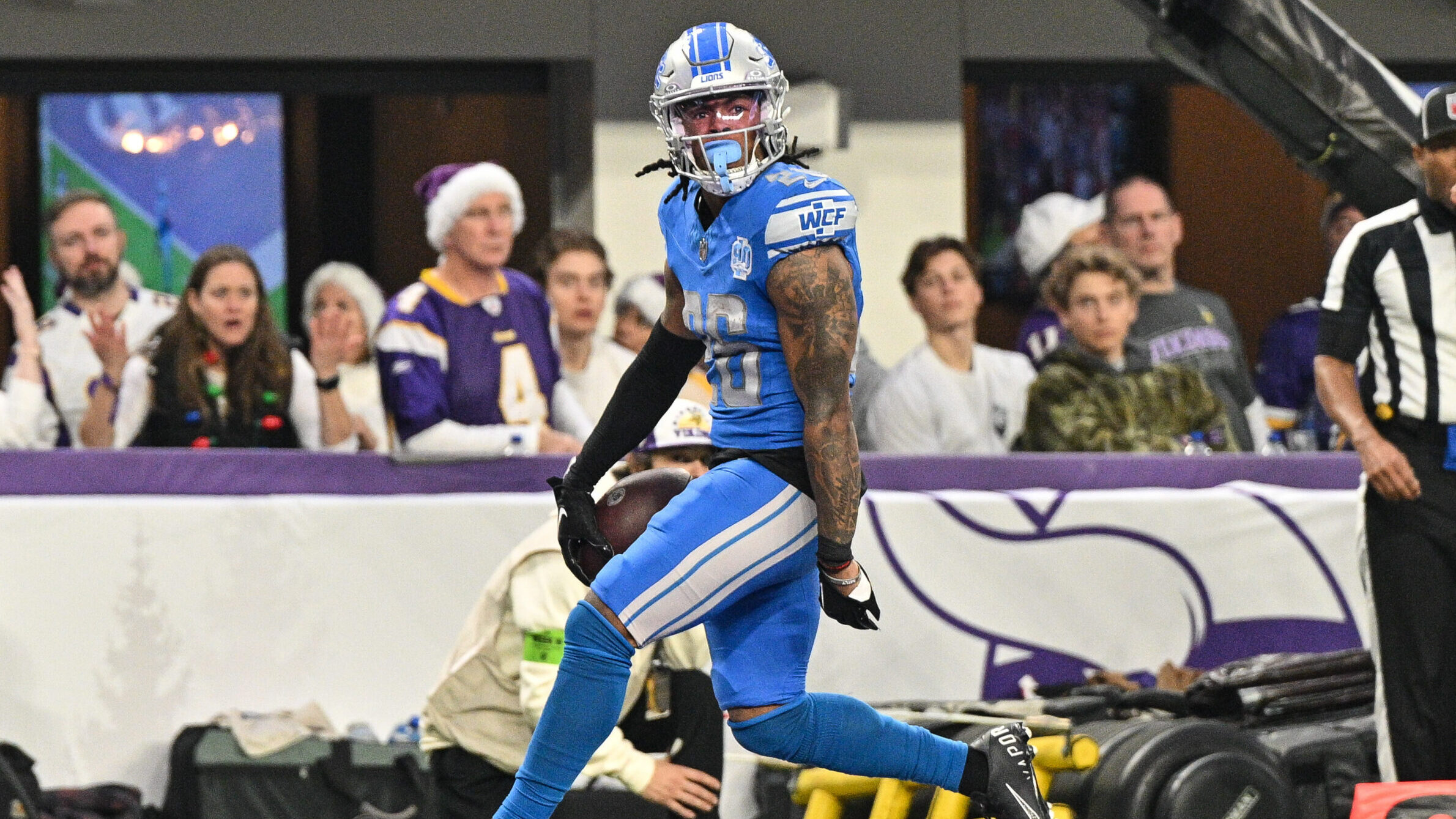Breakdowns
12/9/20
11 min min read
The 33rd Team Roundtable: Building Team Culture
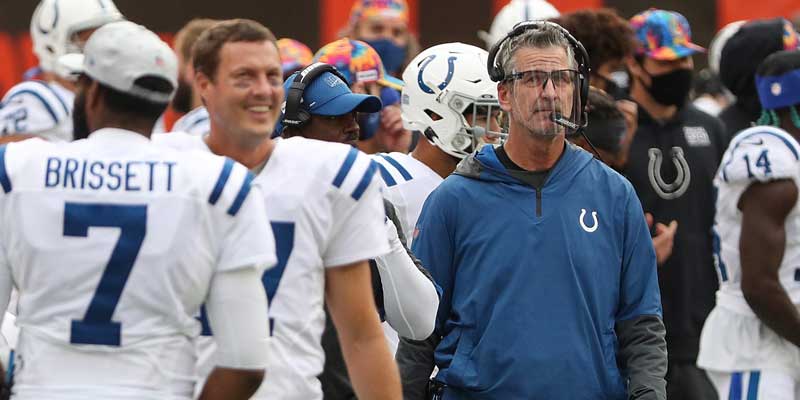

Whenever there’s a coaching change or front-office change in the NFL, we often hear the term, “team culture” come up. Culture has become a buzzword in the football community, though there is no clear blueprint on how to build it. Some teams search for years to find the right combination of GM, coach and players to create a "winning culture," sometimes to no avail.
Analyzing multiple successful coaches and franchises, we found three examples that best illustrate the process behind building a culture. The Indianapolis Colts, with GM Chris Ballard and head coach Frank Reich, have placed an emphasis on bringing in players they call “Horseshow Guys” – players with high character. Indiana University head coach Tom Allen, who took over a program in which players had been treated poorly, puts his players first and has a solid relationship with them. The hoosiers are enjoying their best season in decades. Matt Rhule turned around the Baylor program before taking over the Carolina Panthers this year. “How you treat other people,” Rhule maintain, “is just as important as how you run a curl or a post.”
We recently brought togather several 33rd Team members with NFL coaching and front-office experience to talk about team culture. Roundtable participants included:
- Mike Tannenbaum, former New York Jets GM and founder of The 33rd Team
- Joe Banner, former Philadelphia Eagles team president
- Dan Quinn, former Atlanta Falcons head coach
- Terry Bradway, former New York Jets GM
- Wade Phillips, former Dallas Cowboys head coach and veteran defensive coordinator
- Marc Trestman, former Chicago Bears head coach and veteran offensive coordinator
The following is an excerpt of the roundtable discussion:
Joe Banner:
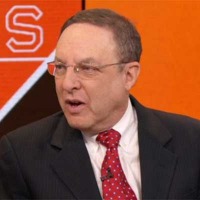
If you want to read something interesting, google the name Brian Decker. Most coaches really like to interact with people in the military, especially to talk about leadership. When I was with Cleveland, we had one such meeting in Indianapolis with some military leaders. One of the stories that came up was that the military for years was trying to figure out who the right people are to put into the Green Beret program. At the time, only about a third of the people participating in the Green Beret program were actually finishing and successfully completing the program. They told us a story about changing the person who was doing the psychological testing, team-building, interviewing and analyzing. He changed this 33% success rate to 70% success rate. Totally changed and saved massive amounts of money for the military while he upgraded the quality of the Green Berets.
After hearing this story, I asked to meet Brian and he blew me away with his thinking about how to analyze people and choose people, and so I hired him as a player personnel strategist with the Browns. When I got fired in Cleveland, they foolishly fired Brian as well. I called up Chris Ballard in Indianapolis and I said, “I have a guy that can change your whole personnel department and take out a big chunk of the risk on missing on character.”
With Brian, it’s all about things like drive and work ethic. I don't know if he can be replicated because he's so uniquely skilled. Ballard will tell you that Decker has completely changed the way the Colts approach personnel. He was intricately involved in the coaching interviews, he meets with the coach hours and hours every week, has programs for all their players. I think if you talk to anybody there, they will tell you he’s a total game-changing guy. It was all because Ballard appreciated how crucial character was and culture.
Dan Quinn:
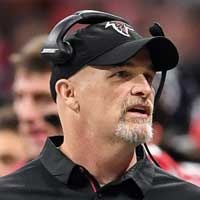
You can sometimes confuse environment and culture, and they are not the same. To me, your environment, that's kind of the energy that you bring to the building. For example, I’ve got a positive and optimistic outlook. So that's the environment. But the culture and the philosophy to me -- those are the ones that are tied together. The reason culture is in place is to win. You want to make sure you have the right guys in place and that matters -- but it only matters if you live it, and it's got to live in all that you do.
So if you say you're going to have guys with character, it’s got to live in all you do. Panthers coach Matt Rhule says, “How you treat people is just as important as how you run a curl or a post.” Okay, but that has to live in all that you do, because if it doesn't, then your philosophy or your culture is only going to be that successful or that pronounced some of the time. So I think it carries the most weight when it lives in all the things that you do -- through personnel, through coaching, through the players -- it really is a standard, a way that you want to do things.
For me, I felt like competition should be part of that. So I want to make competition part of everything -- that would include practices and meetings and everything else that you would put into it. And culture does include relationships because in football we've got to have them. So what does that look like and how do you build those? That's a big part of the culture but, as I said, people often confuse the environment and the culture. I don't think they're the same, because having a building that is full of energy and a positive nature doesn't make your culture. The culture is going to come through your philosophy in your culture and it will only matter if you live it all the time. If there are sidebars and things that go on separately, those are the things that get culture in trouble, in my opinion.
Mike Tannenbaum:
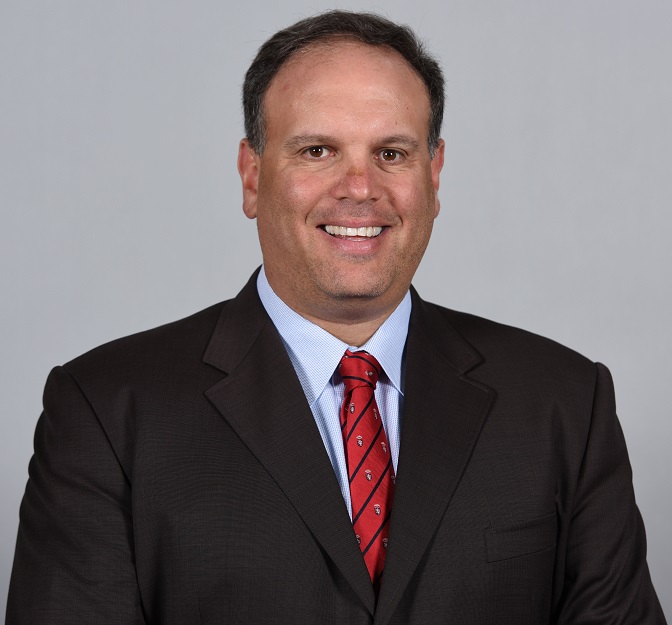
I'll share two quick vignettes, one of my greatest decisions and one of my worst decisions. Who you really are in life is how you treat people that can't help you. One of the things I felt we did a good job of, especially at the Jets, we spent a lot of time getting to know these guys -- prospective players, draft choices, free agents. How did they treat the waiter, the waitress, the driver?
Before we drafted Darrelle Revis in 2007, we brought him in for a physical. Our interns used to drive the players and the players used to think they were professional drivers (who didn’t work for the team). I'll never forget… we had one of our ace interns, someone I knew was really inquisitive. So when he came back, he told me everything I needed to know about Darrelle. He said Darrelle called his mom on the ride from Florham Park, N.J., back to Newark and he was respectful to her. He said how excited he was to be in the Jets facility and it was clear that he really respected her, almost feared her in some ways, which was really important to us. I knew that if we hit a bump in the road, that there was really a strong foundation around Darrelle. He was a late-declaring junior, so there wasn't a lot of information about him. On-field talent is one thing, but spending time and figuring out who people are is really, really important. And how they treat people that can’t help them is their true character.
The other end of it -- from a front-office standpoint -- is really who you choose to pay and who you choose to cut. After all, that’s how your locker room is going to judge you.
Before the 2011 season, we cut a wide receiver named Jerricho Cotchery, who at the time was really like a B-minus player. At his best, Cotchery was probably a B-plus player -- but he was an A-plus person, and he would put out fires and solve problems that would never get to a coach, let alone the front office. And I remember when we cut him, it was ultimately my decision -- and I had about six people come up to me and tell me how much I screwed up, because Cotchery did so much for the team that I didn't even know about.
We’ve heard people talk about “the Patriot Way,” and it’s really all contextual. When you have a really strong foundation and you have a great locker room with great leaders, you can take calculated risks with players like Corey Dillon or Randy Moss, who didn’t fit in with other franchises. But if the foundation isn’t there, that's why you see sometimes it doesn't work. In our case, Jerricho Cotchery was the foundation guy that I made the mistake of getting rid of. I think there's a time and a place to take calculated risks, and it’s much easier to do when you have that foundation of leadership and team culture in the locker room and the front office.
Terry Bradway:
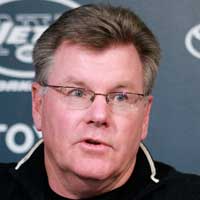
I had the chance to be around Matt Rhule when he was at Temple, because our son had the chance to be on his team. Rhule was an assistant at Temple from 2006-11, when the team adopted the “Temple Tough” philosophy. It’s something that really rings true. When you see the guys that are playing in the NFL from that program, there is a reason why the fifth-, sixth- and seventh-round and undrafted players are making teams and contributing.
When a GM or a head coach gets up there to give that initial press conference or talk to the organization or talk to the team, there's a powerful message that they're going to deliver. Once they deliver that message, then they have to live that every single day. And it's not easy. It might be easier when you win, but if you're not winning and you still believe it, you’ve got to sell it every single day and it's hard -- not just for the team but for all the people in the organization. Because when you get up there and say “We're all in this together,” or “We all have an effect on the game on Sunday,” if we don't hold everybody in the building to that standard and live that every single day, then it's not going to work.
There are things that happen through courses of seasons that may change the direction of the culture in a good or bad way and sometimes you’ve just got to grab hold of that and take it and run with it. Culture’s the big buzzword now. It's like when a scout talks about “technique.” What the heck are you talking about? Are you talking about feet? Are you talking about hands? Bending your knees, rotating your hips? I mean there's a lot of things to do with “technique.” Well, it’s the same thing with culture. Culture’s nothing more than what you believe in and the mentality and attitude and the work. We know what it is. It’s easy to say and it’s easy to put on paper, but you’ve got to work it and you’ve got to work it every single day. That’s the only way it works.
I think it’s really important that anybody you hire in these positions, whether it be a head coach or GM, is going to be in position to hold people accountable. A lot of times that requires tough conversations -- and I’m not saying I was great at that, because I think I could have been a lot better in some of the tougher conversations that you have to have. But I think that’s a part of it, too. Because you know as the leader you set out your expectations and there are some leaders that want to micromanage and there are others who trust their people to do their job and give them the leeway to do that. At the end of the day, they all gotta be accountable and not everyone can do that. That’s a skill in my mind.
Wade Phillips:
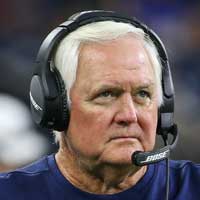
I really agree with that. It’s really important that you’re honest with everybody but you’ve got to tell them, you know? And I think that’s important in the part of the communication process and also as far as culture is concerned. If you just go into the John Wooden pyramid, I think you’re in pretty good shape, you know, for establishing a culture. And just like Dan said, you’ve got to back it up. It can’t be just words or symbols on the wall. You’ve got to back it up and that’s the really important part about it.
Quinn:
On the coaching side, I think that as the coach you’re kinda leading two different teams. The team of coaches and the group of players. I think what you’re looking for from the coaching side is someone who can follow through and be able to validate the beliefs of that culture on a regular basis. If you want toughness, then it’s good to point out, “Hey, on this play, this is exactly what toughness looks like.” If it’s execution, then show a play that you know demonstrates that and say, “Hey, man, that’s execution.”
If it's brotherhood or whatever it might have been, you’ve got to be able to validate those core beliefs in your culture to bring it to life and it can’t just come from you, so I think the leader not only has to exhibit what it looks like but also has to be followed through with others. I think what the players and assistants want to know is that their roles in the organization matter. So if you don’t validate those and point them out and discuss them -- good and bad -- then you don’t really have that strong a culture, because it can’t just be all the good sh*t . It has to be everything.
Like if a guy really wants to improve, it can’t be all negative and it can’t be all positive. It has to be a little bit of both. That’s kind of what I think. What are we looking for? Someone who can follow through on the culture, someone who can follow through on pointing out -- with examples -- what their culture looks like. And if you do that, then I think you’ll have a stronger culture, because there will be more people who will understand the message of the team.
Marc Trestman:
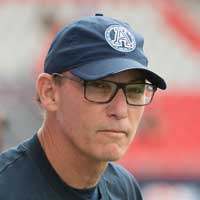
One of the things that is really apparent in this discussion is that, whether it was Joe or Mike or Terry, is that they’re vulnerable. And I don't know if I have ever been around a great leader who didn’t show his vulnerability to the group. With vulnerability comes with humility and I don’t know if you can be in front of a group without it. You get the respect that you need to be able to do your job and, like Dan says, if you can’t teach a player how to master his craft, the culture really won’t work. Because players want to know that the coach they have can help them get better.
But when you’re vulnerable and you show humility, as a leader it opens you up to much more ability for human connectivity. When we’re vulnerable, we are able to be in a position of love and there is not one coach on this call that doesn’t believe that love is a critical element of building a culture. Not the emotional love, of course, but the brotherhood -- the fact that “I’ve got your back and you’ve got mine,” the kind of love that makes you want more for your teammate than you want for yourself.
So what I’m getting out of this is, and there’s so much great information and so much great communication, is a lot of people on this call who have the experience, have shown their vulnerability not only this week but each and every week. That allows us all to get better.
Tannenbaum:
We can talk about this for hours. I just want to make one more point, and it’s something Joe and I have talked about. When you hire the right coach, you should see an immediate sort of impact. Within the first year or certainly within the first year-and-a-half. And I think one of the big challenges right now, with the reality of the NFL today, is that those windows are really small. So while you want to make changes and bring in your type of guys, the window is so small and you really have to start showing progress and I really believe now that “win for today and develop for tomorrow” approach is so critical. Oftentimes, if you just try to develop for tomorrow, the reality is you just won’t get enough time to see that through. So the reality of keeping your job becomes part of it.
It's great to have this discussion, but the reality is that sometimes you may decide you have to hold onto a guy longer who may not be an ideal fit but he may give us a better chance short-term. To me, those are always the hard decisions. You don’t want to compromise what you stand for.
Coach Parcells always had a great expression: “We need hold-the-fort players -- because if we don’t hold the fort, then what do we stand for?" And I learned that in 1997. In 1996, the Jets won one game. In 1997, we won nine games. Now, I was fortunate enough to be a very low-level guy on that team, but the head coach was Bill Parcells and the defensive coordinator was Bill Belichick, so obviously that was game-changing. But the point was, Parcells knew from day one that we needed to win right away. Because we have to show this organization that we can win and that we stand for something.


